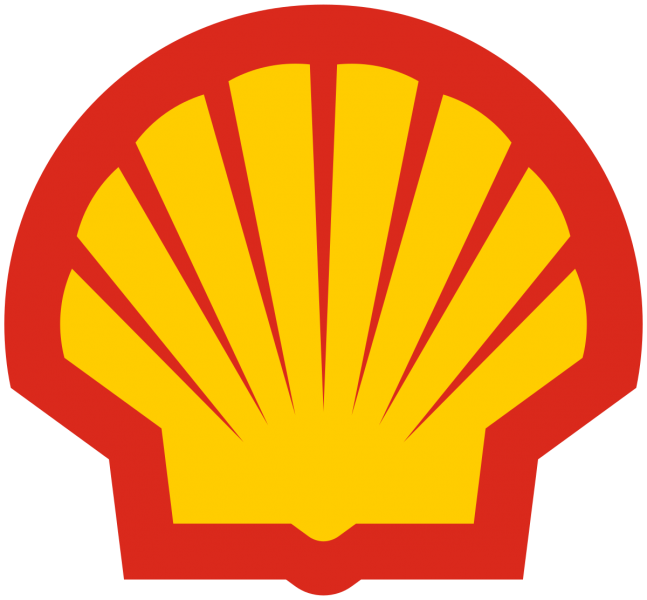This project aims to develop advanced electrochemical reactor models for optimizing alkane dehydrogenation into valuable alkenes. It focuses on hydrogen removal via ceramic membranes, novel reactor designs, up-scaling and electrification to integrate renewables, promoting a sustainable, CO₂-neutral chemical industry.
The scientific ambition of this project is to develop advanced electrochemical reactor models to optimize the non-oxidative dehydrogenation of short-chain alkanes, such as ethane and propane, into valuable alkenes like ethylene and propylene. These alkenes are essential for producing a wide range of chemicals and materials, including polyethylene, polypropylene, solvents, and synthetic fibers. The project will emphasize up-scaling opportunities and the development of novel reactor designs with optimized geometries by incorporating detailed mechanisms of mass and heat transfer, electrochemical transport coupled to the reaction kinetics. By leveraging innovative ceramic membranes—both proton-conducting and mixed proton-electron conducting types—the project aims to enhance hydrogen removal and drive the dehydrogenation reaction forward. Additionally, electrification strategies will be explored to seamlessly integrate renewable energy sources into the reactor design. This comprehensive approach bridges the gap between material science advancements and practical reactor engineering, supporting the transition to a sustainable, CO2-neutral chemical industry.
Partners






